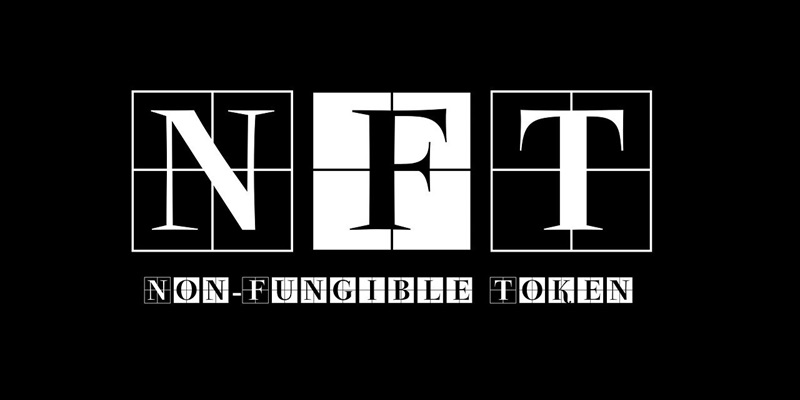The burgeoning world of non-fungible tokens (NFTs) is undergoing a seismic shift in South Korea, as the government sets its sights on a more regulated digital landscape. With the advent of the Virtual Asset User Protection Act, poised to take effect on July 19th, a new chapter is beginning for players in the NFT space. This legislative move is indicative of South Korea’s commitment to introducing a nuanced framework that classifies and delineates the treatment of NFTs as virtual assets, heralding significant repercussions for the market at large.
Understanding the Virtual Asset User Protection Act
Criteria for NFTs as Virtual Assets
As South Korea embarks on this regulatory voyage, the Financial Services Commission has drawn the line in the virtual sand, establishing the conditions that NFTs must meet to be considered virtual assets. The crux of the matter lies in whether these tokens demonstrate properties akin to those of extensive issuance, divisibility, and the capacity to act as a medium of exchange. This means that not every digital token will be subject to regulations—it’s the ones with economic impact, those beyond mere collectibles, that will face the new rigors of compliance.
Implications for NFT Operators and Businesses
For businesses immersed in the world of NFTs, understanding these ground rules is only the beginning. Firms must delve deep and discern whether their operations—be it trading, exchanging, storing, or brokering—fall within the ambit of the act. The implications for oversight don’t stop at mere identification; reporting is now part of the procedural fabric. Should entities mistake their classification or neglect their duties, the repercussions extend beyond operational hiccups to potential legal battles.
Bolstering Consumer Protection in the NFT Space
Establishing Reporting Mechanisms
To strengthen consumer safeguards in this digital era, the act mandates reporting mechanisms for NFT businesses. At the heart of this initiative is transparency. By requiring a paper trail from those dealing with NFTs that qualify as virtual assets, customers are provided a clear look at the inner workings of the companies they interact with. This level of disclosure is a powerful tool that could significantly shore up consumer confidence in the rapidly evolving NFT marketplace.
Seeking Clarifications from Financial Authorities
Yet, even with the best-laid plans, ambiguities can loom. It is here that South Korea’s financial authorities step in, offering a lifeline to operators navigating the uncharted regulatory waters. For those uncertain about where their NFTs stand in the eyes of the law, the door is open to seek guidance. Authorities are poised to shed light on perplexing cases, offering examples as waypoints to ensure NFT businesses stay on the right side of the regulations.
Striking a Balance: Innovation and Regulatory Oversight
Ensuring a Solid Digital Asset Infrastructure
In the sprint toward a robust digital asset framework, South Korea’s Virtual Asset User Protection Act is the foundational stone. By clarifying the rules of engagement in areas of trade, exchange, storage, and brokerage of digital assets, the law provides a structure within which the market can operate securely and confidently. This infrastructure shores up the digital landscape, allowing innovation to flourish in a well-regulated ecosystem.
Encouraging Dialogue Between Regulators and Businesses
Crucial to this evolving narrative is the symbiotic dialogue between South Korea’s financial watchdogs and digital asset operators. By fostering open communication channels, the government ensures that its policies adapt alongside the technological advances and market dynamics. This ongoing conversation reflects a larger strategy: to propel growth within a solid regulatory framework and embrace the opportunities that come with the digital asset revolution.
The Broader Impact of South Korea’s Approach to NFT Regulation
Setting a Global Precedent
By tightening its regulatory grip, South Korea is not just recalibrating its own market—it’s laying the groundwork for a global shift. The implications of South Korea’s decisive move reverberate well beyond its borders, providing a potential blueprint for how countries can navigate the dizzying intricacies of digital asset regulation. It’s a foray that many are watching closely, hypothesizing the international ramifications of this pioneering approach.
Maintaining a Forward-Thinking Stance
South Korea’s NFT ecosystem is experiencing transformative changes as the government focuses on creating a more controlled digital environment. With the Virtual Asset User Protection Act scheduled to become law on July 19th, those involved in the NFT market are on the cusp of a new era. This legislative development reflects South Korea’s resolve to enforce detailed regulations that precisely categorize NFTs as virtual assets, leading to profound implications for the industry. Enhanced regulations are anticipated to significantly shape the landscape, marking a pivotal moment for digital asset management and usage in the country. As South Korea takes strides toward a regulated virtual asset space, the repercussions for NFT transactions and stakeholders are expected to be notable, influencing market dynamics extensively.

